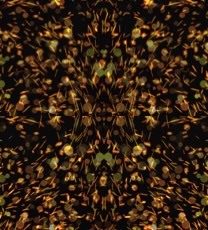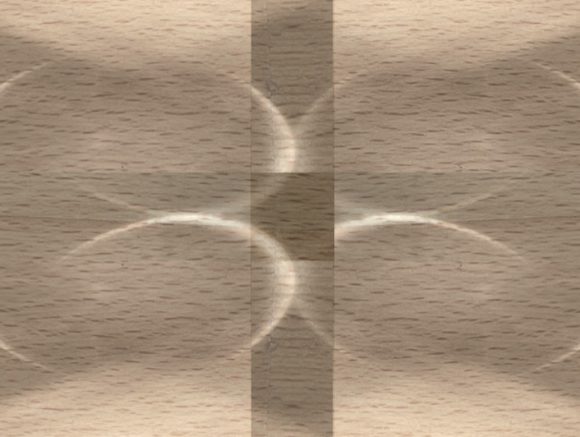When Jung insists on the reality of the psyche, the emphasis is not on experience-independent existence, on continuity and re-identification. Instead, what seems to be important to him is that there are factors in the psyche which act autonomously (independent of the conscious perception and will of any individual person), and which are effective in producing psychological change — they manage to produce episodes of thought, emotion, intuition, memory, fantasy, and even behaviors; and in doing so, they can override the conscious personality. He sometimes plays on the German word for “reality”, Wirklichkeit, which can be taken to mean that which wirkt, i.e. has effects. (The German term for effects, as in “cause and effect”, is Wirkung.)
This is a different notion from that of independent reality, understood as objective items which persist independent of our experience of them. We might say that the latter is a passive form of independent reality: objects are there, and they are what they are, whether we experience them or not. This, of course, is a characteristic of matter (which often is said to be a passive metaphysical principle). But the way Jung understands the independent reality of the psyche is precisely when it actively shapes what goes on in individual psychologies: gets triggered autonomously and potentially overrides conscious choices. The extra-personal reality of the psyche is (if the wordplay is allowed) “psycho-active”.

At the same time, this active effectiveness is experienced (when it is experienced), as something interior: the psychological factors appear not as from an outer, but from an inner realm. Whereas material objects are experienced as existing “outside” of ourselves in the sense that they are in spatio-temporal relations with our bodies (usually at some distance), Jung’s psychological reality is still independent from personal experience, but it is an “inner reality”, i.e. experienced as coming from the same realm as these experiences themselves. But “inner” and “outer” here are spatializing metaphors: if we mistakenly literalize them, if we understand extra-personal psyche as extra-personal objective reality, we lose precisely that distinction we just have made.
That the soul is experienced as my “own” and “within” refers to the privacy and interiority of psychic life. It does not imply a literal ownership or literal interiority. The sense of “in-ness” refers neither to location nor to physical containment. It is not a spatial idea, but an imaginal metaphor for the soul’s nonvisible and nonliteral inherence, the imaginal psychic quality within all events.
RVP 171.
But the mistake is not solely (or not always) one of literalizing metaphorical speech. Sometimes it’s just plainly unfortunate terminology:
Das kollektive Unbewußte ist alles weniger als ein abgekapseltes, persönliches System, es ist weltweite und weltoffene Objektivität.
GW IX/I, §46.
Thus when Jung characterizes the collective psyche as an “objectivity” (rather than as independent or autonomous, active or effective reality), he employs terminology that usually refers to material bodies, “objects” as inhabitants of the outer realm in the literal sense (and the laws which govern them). This is not because he confuses metaphorical and literal speech in this case, but because he uses “objective” in a sense that is too wide: it should better be restricted to the reality of objects (or perhaps it would be better to not use the terminology of “objective” and “subjective” at all).



